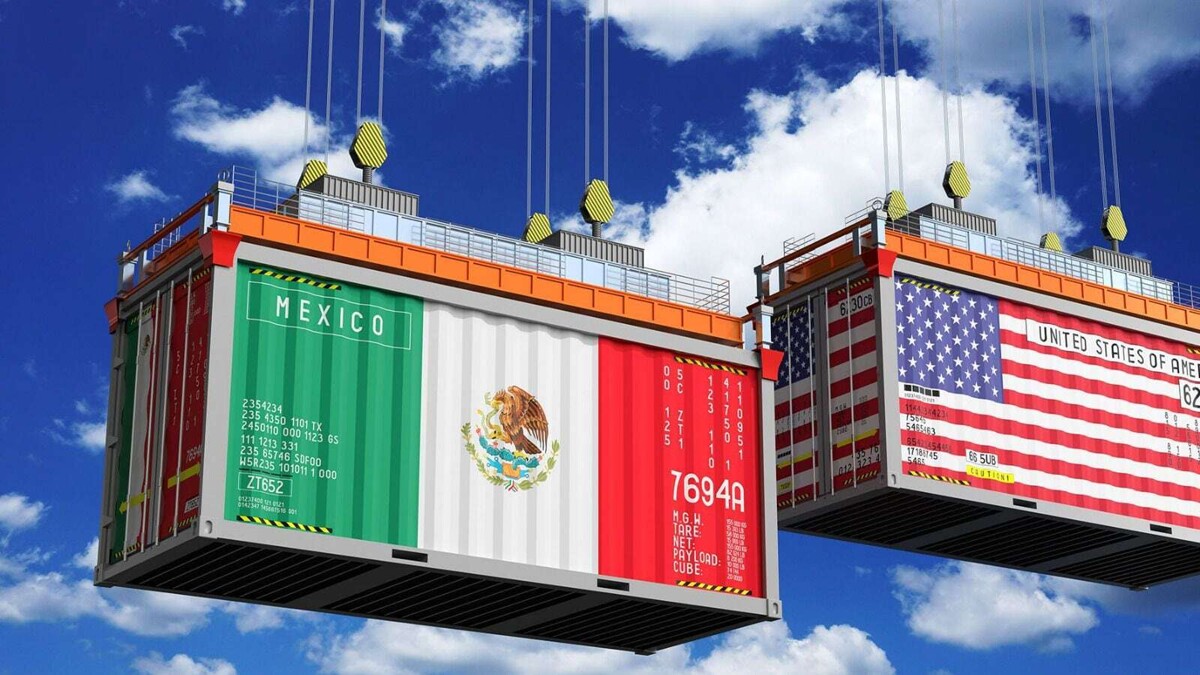
Economic analysts have warned that the imposition of generalized tariffs on Mexican exports by the United States could lead the economy into a recession, with a possible contraction of up to 4 percent if the situation persists throughout the year. Unfortunately, this measure cannot be countered by public finances.
Alberto Ramos, chief economist for Latin America at Goldman Sachs, indicated that even in a scenario of uncertainty combined with partial retaliation, Mexico's GDP could fall between 3.0 and 3.5 percent, which would also increase prices by 80 basis points. This would affect monetary policy in the short term and could lead Banxico to adopt a conservative stance to maintain financial stability and the strength of the currency.
According to Alfredo Coutiño, director for Latin America at Moody's Analytics, an analysis conducted in his macroeconomic model suggests that if a generalized tariff of 25 percent is applied to Mexican exports to the United States, valid until the end of the year, a recession would be generated with a GDP decline between 0.5 and 1 percent in 2025, also considering an average exchange rate depreciation of 10 percent.
William Jackson, chief economist for emerging markets at Capital Economics, warned that tariffs could lead to a recession in the coming quarters, with a GDP decline of 1 percent in 2025, and that Mexico does not have fiscal room to support its economy in this situation.
Gabriela Siller, director of analysis at Banco Base, estimates that Mexico's GDP could fall around 4 percent this year due to the imposition of tariffs. For his part, Octavio de la Torre, president of Concanaco Servytur, highlighted that the immediate repercussions of these tariffs will be felt in trade, services, and tourism in the country's border area, potentially leading to an economic contraction of up to 4 percent if the situation persists.
Economists at Banamex project that although the tariffs are expected to last a short time of up to one month, GDP growth could remain at 0.0 percent for 2025 due to their effects. More negative scenarios, with tariffs of 25 percent lasting longer, could lead to even greater declines in GDP throughout the year.
The National Council of the Export Manufacturing Industry (INDEX) has warned that the tariffs not only put thousands of jobs at risk but also disrupt essential supply chains, affecting sectors such as auto parts, sophisticated electronic goods, machinery, and medical devices, among others. The well-being of businesses, workers, and millions in investments is at stake, and an adequate understanding is required to protect these aspects.














